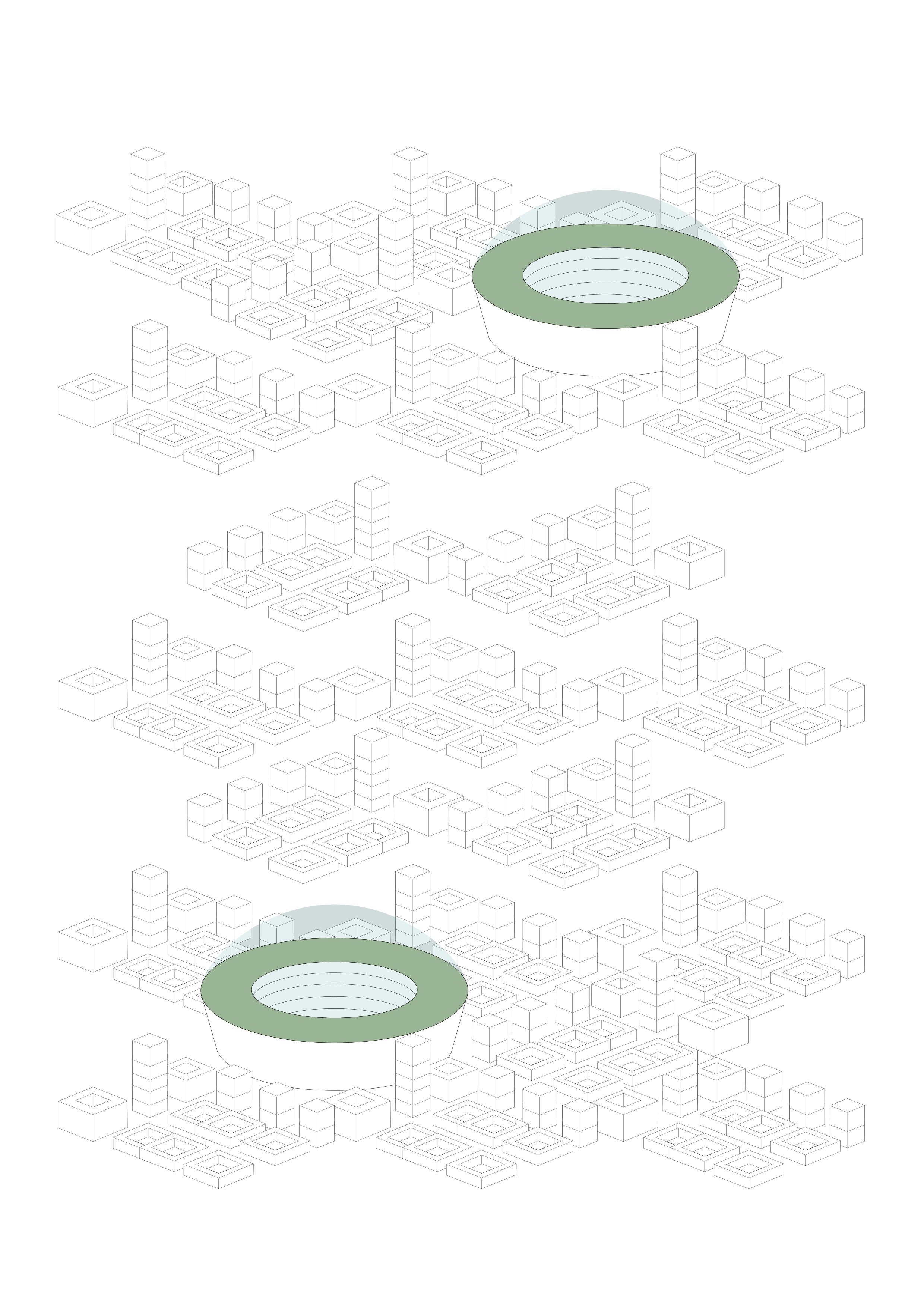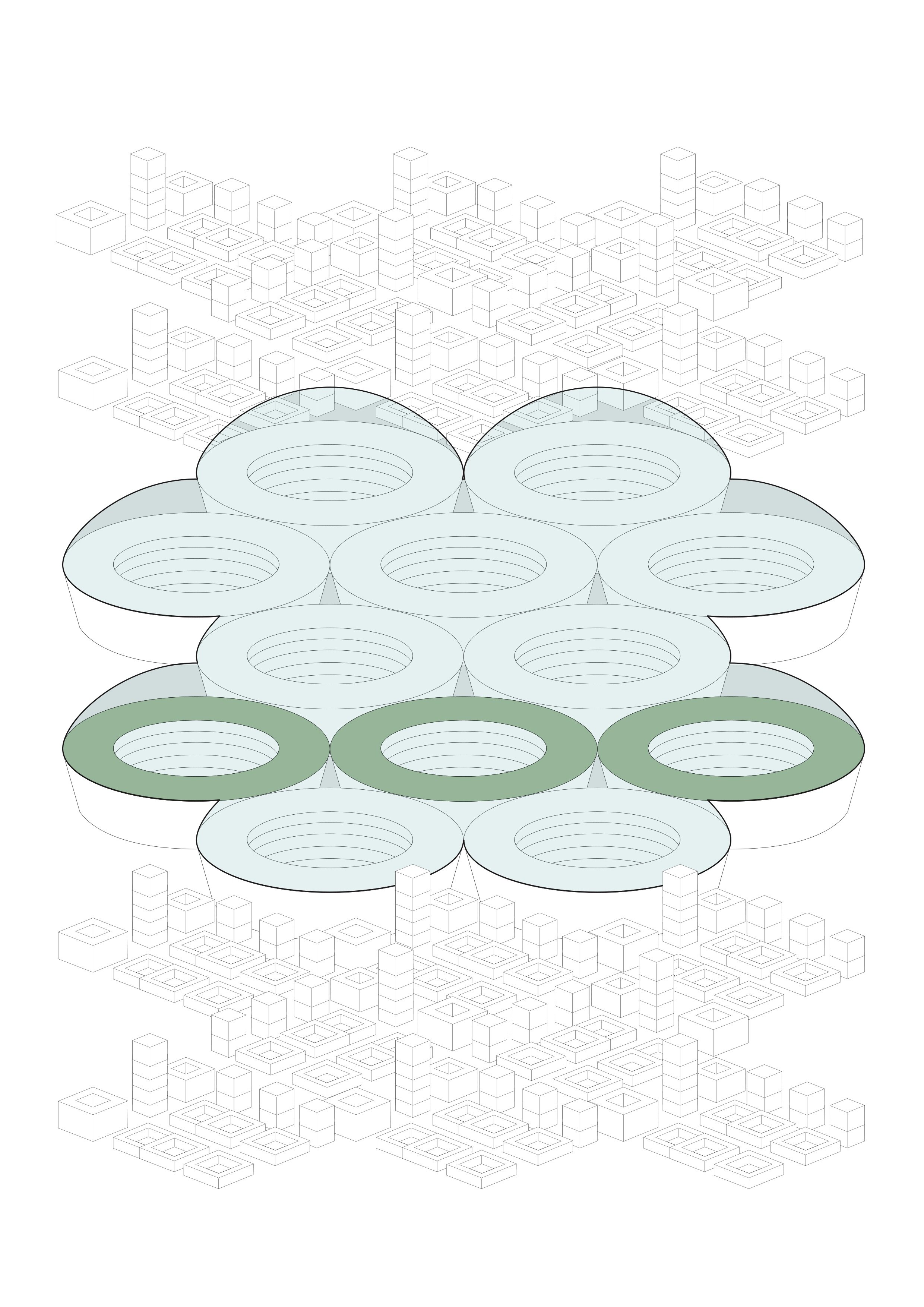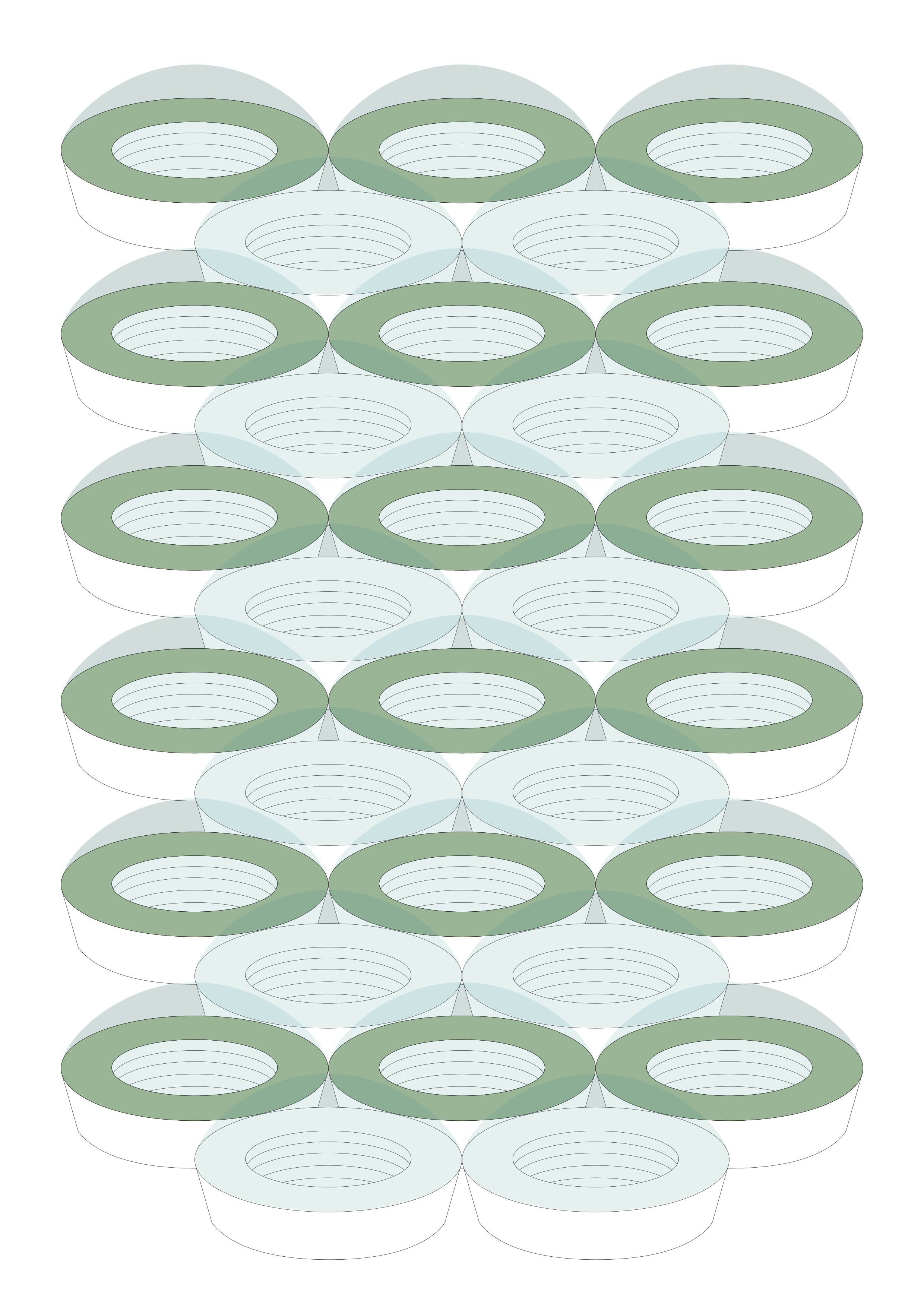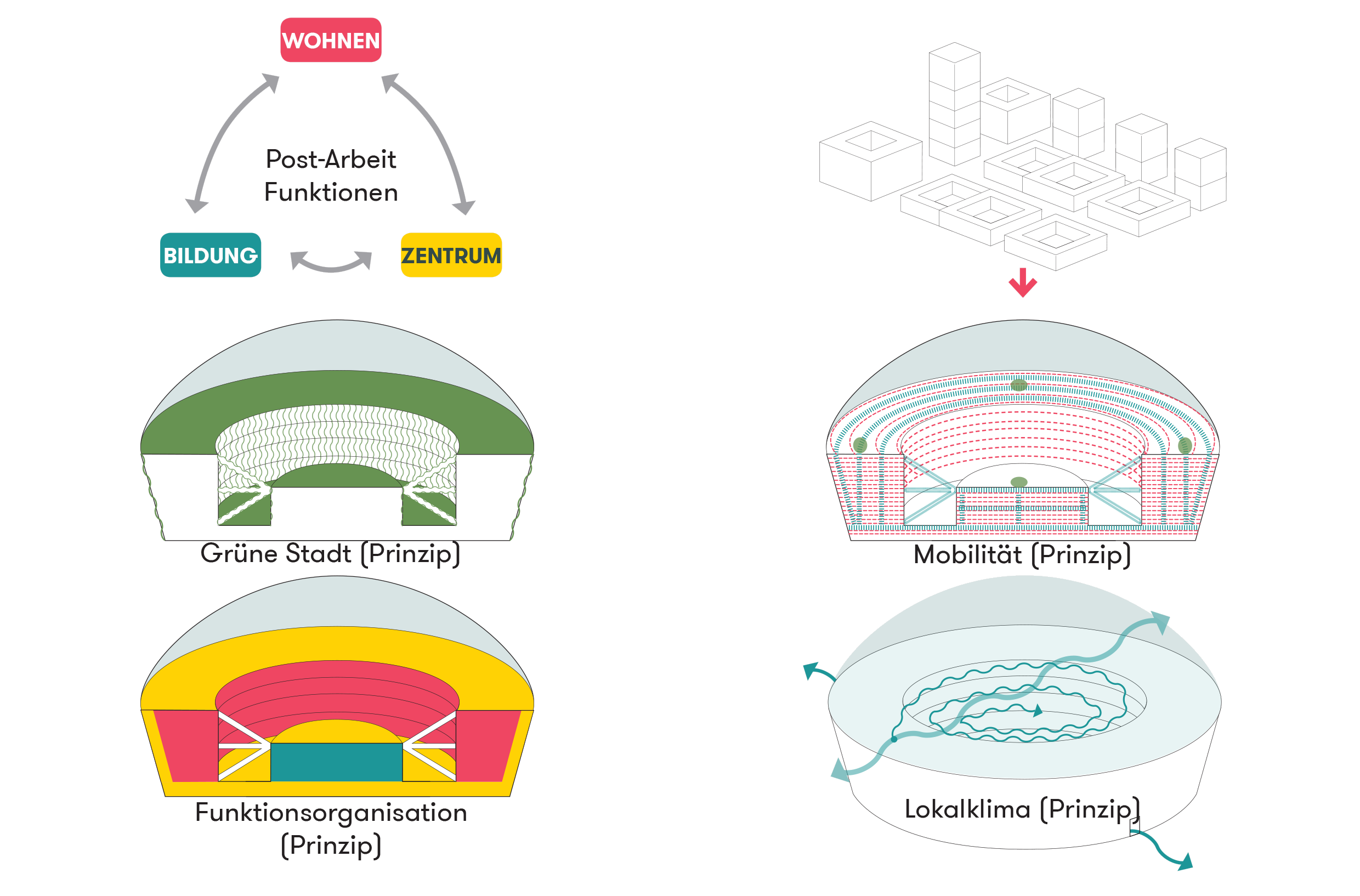Idea of the City (Research Project)
Vienna Technical University - Raumgestaltung - 2019
The project “Idea of the City” is an analysis of current planning ideals and a utopian adaptation of them.
On the left side current planning ideals are presented.
On the right side a possible future version of those ideals is presented.
Below those ideas are taken further, assuming a post-work world with significant technological advances allowing for the creation of autonomous cities.
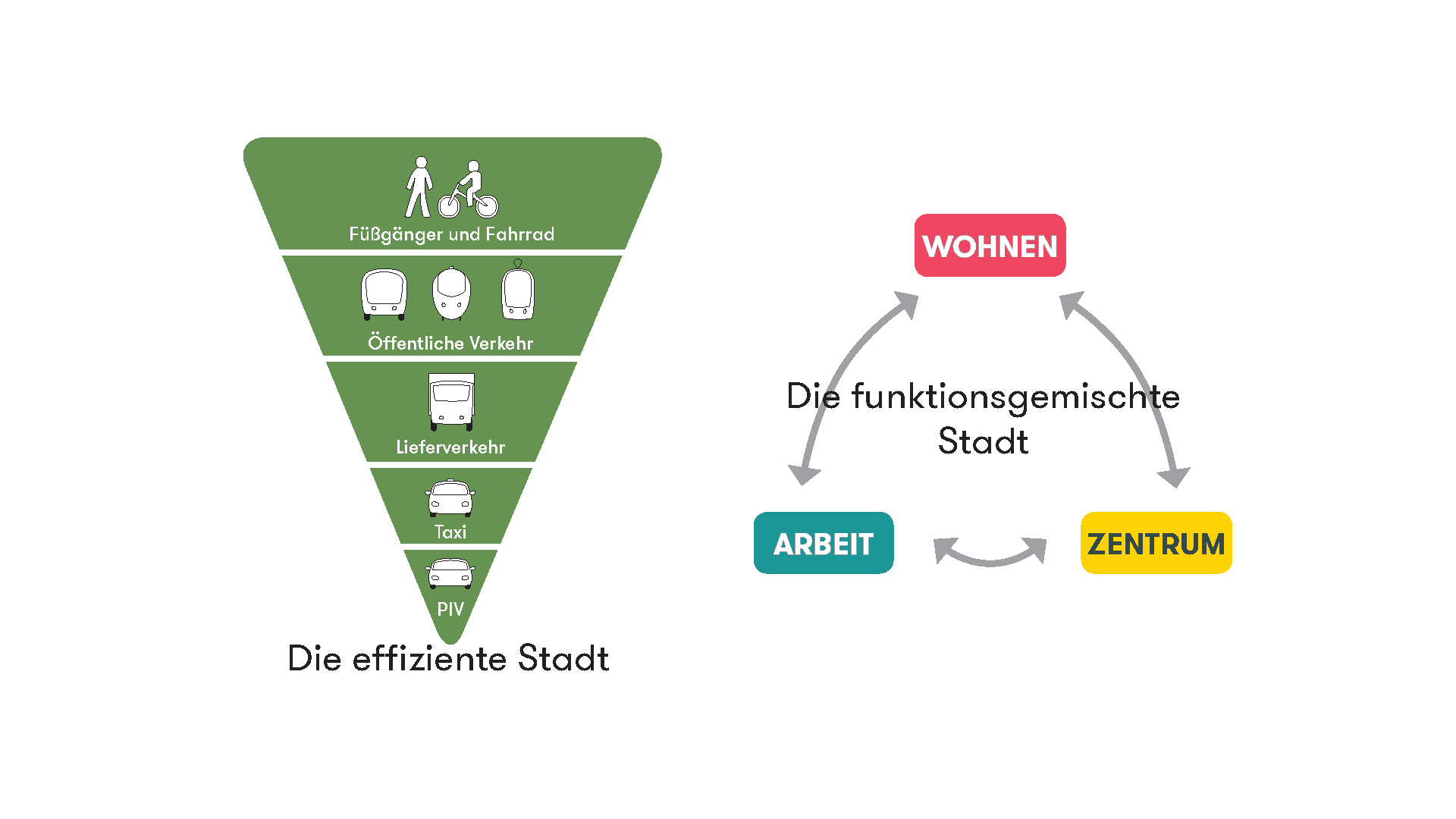
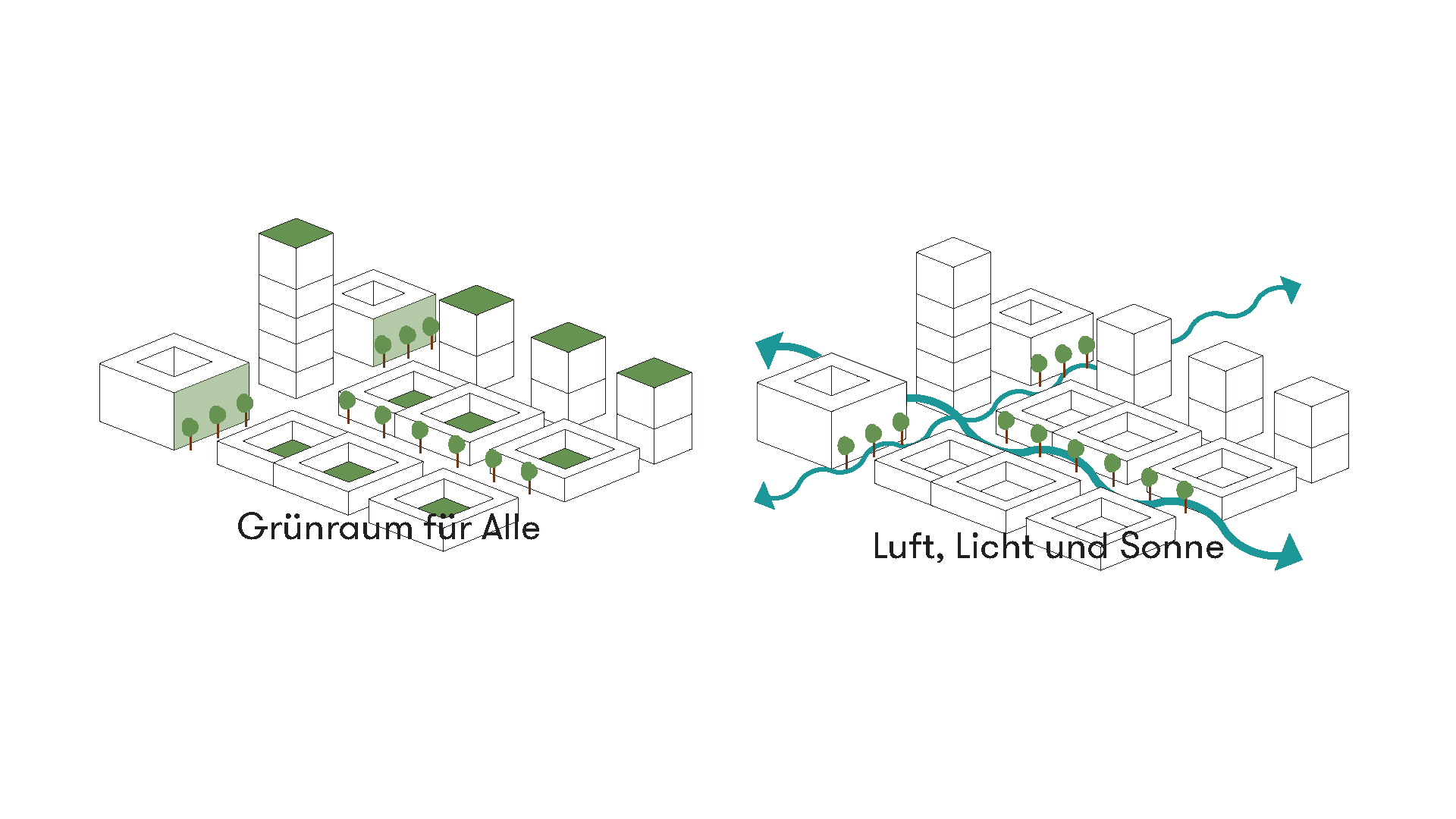
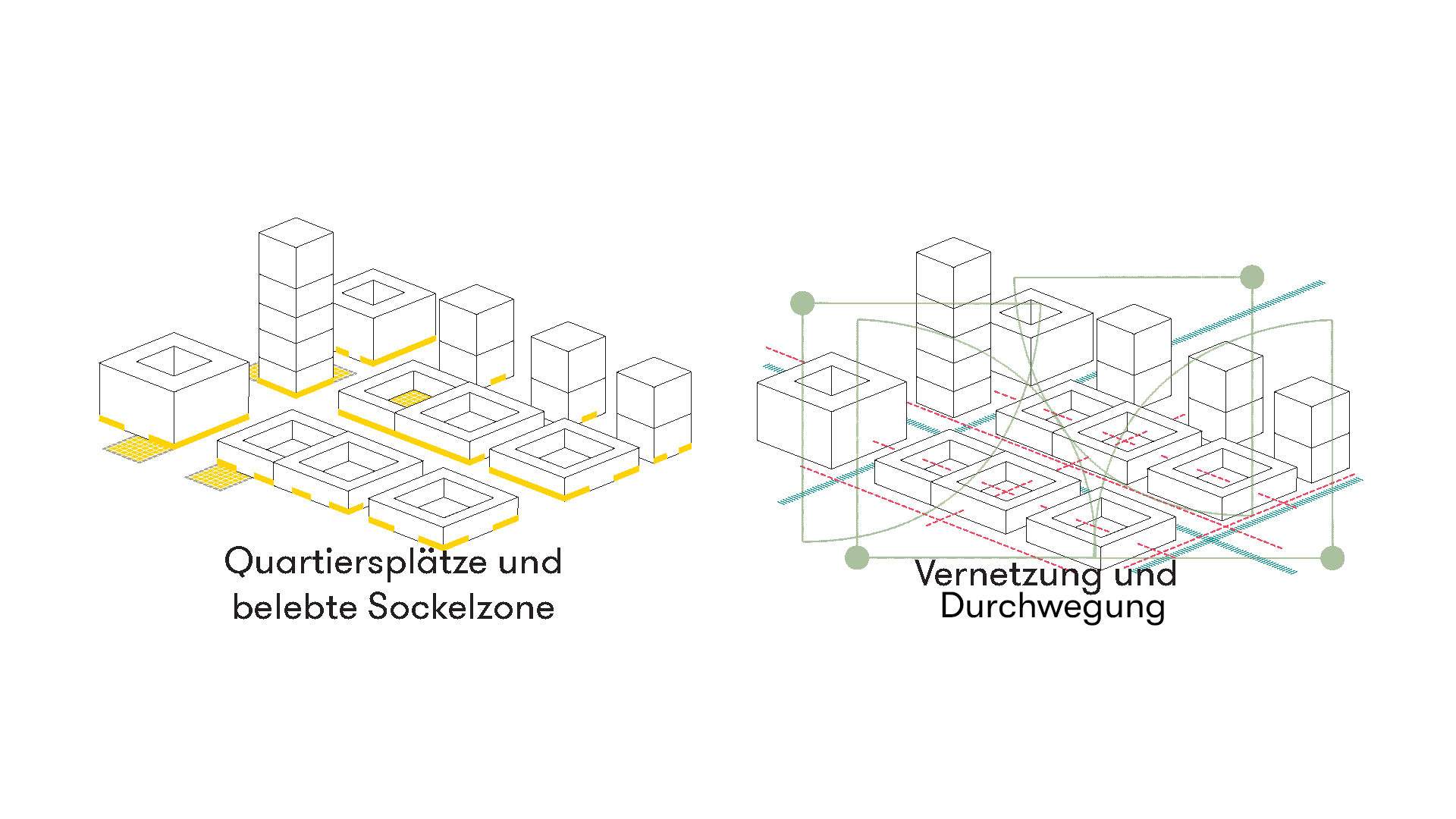
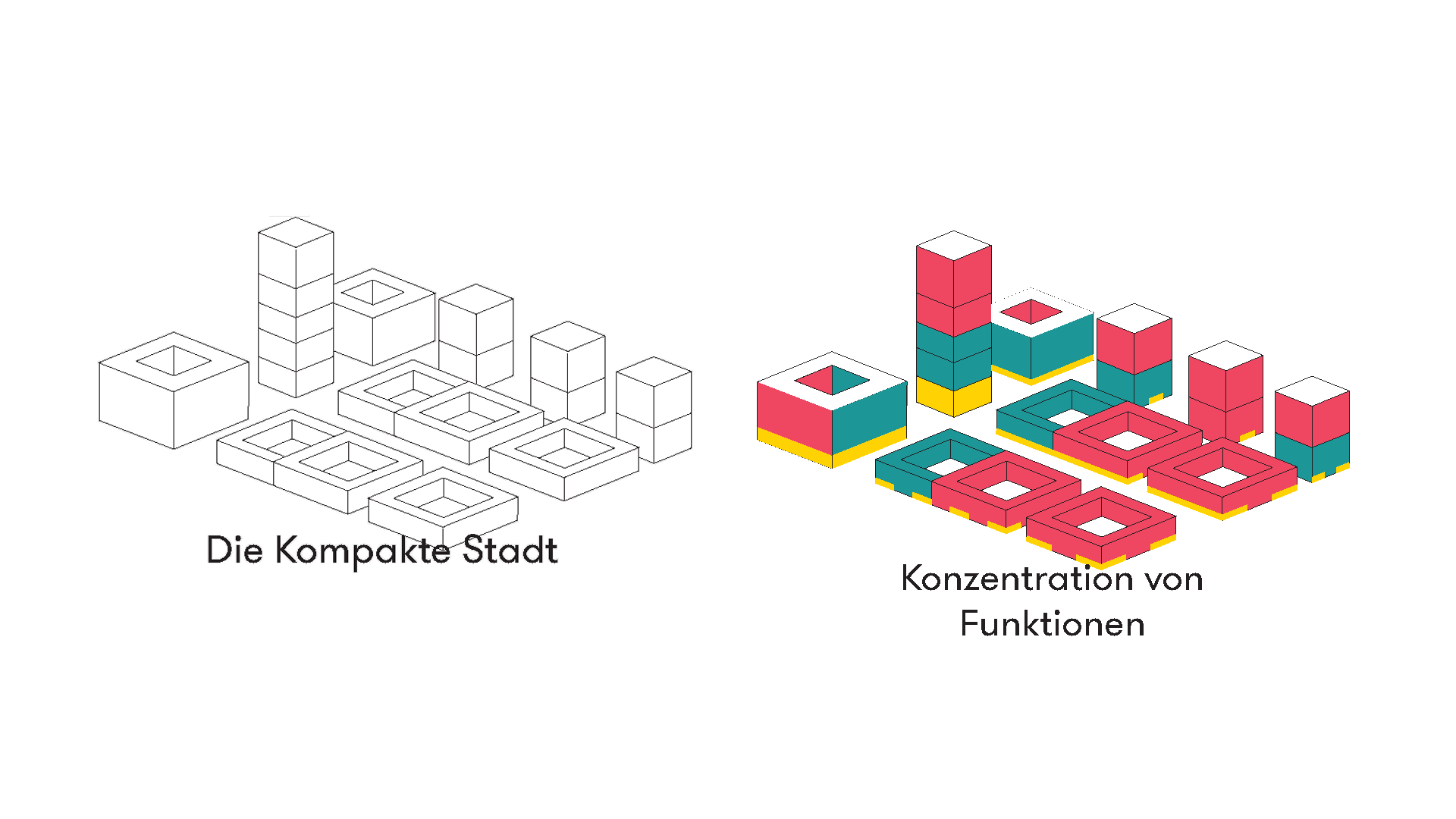
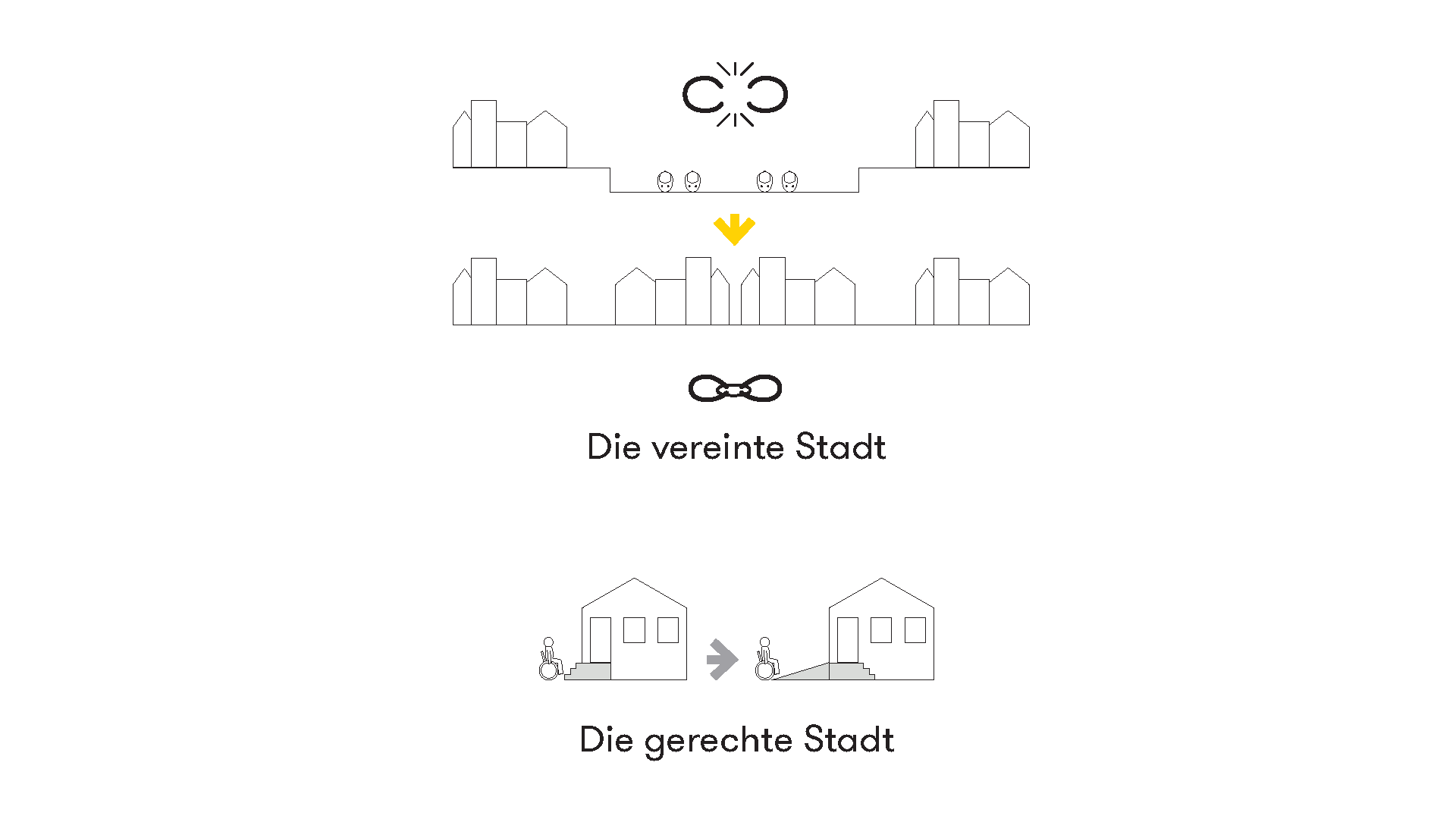
After decades of individualisation and polarisation, society proved itself unable to find and act on answers to the crises of the 21st century. Blame and responsibility was placed on Others and no one took action.
The average temperature of Earth increased by 3 degrees above pre-industrial levels. Droughts led to famine and water scarcity mainly in countries south of the equator, triggering migration at levels never seen before. The migrants sought refuge in already overcrowded cities of the northern hemisphere, particularly landlocked cities not flooded by raised sea levels. The 20th century welfare systems of these countries had long since collapsed and there was not much refuge to be found. The migrants could only settle in informal settlements on the peripheries of the cities. They were separated from the cities proper by walls and fences, each millimetre covered by surveillance systems and patrols.
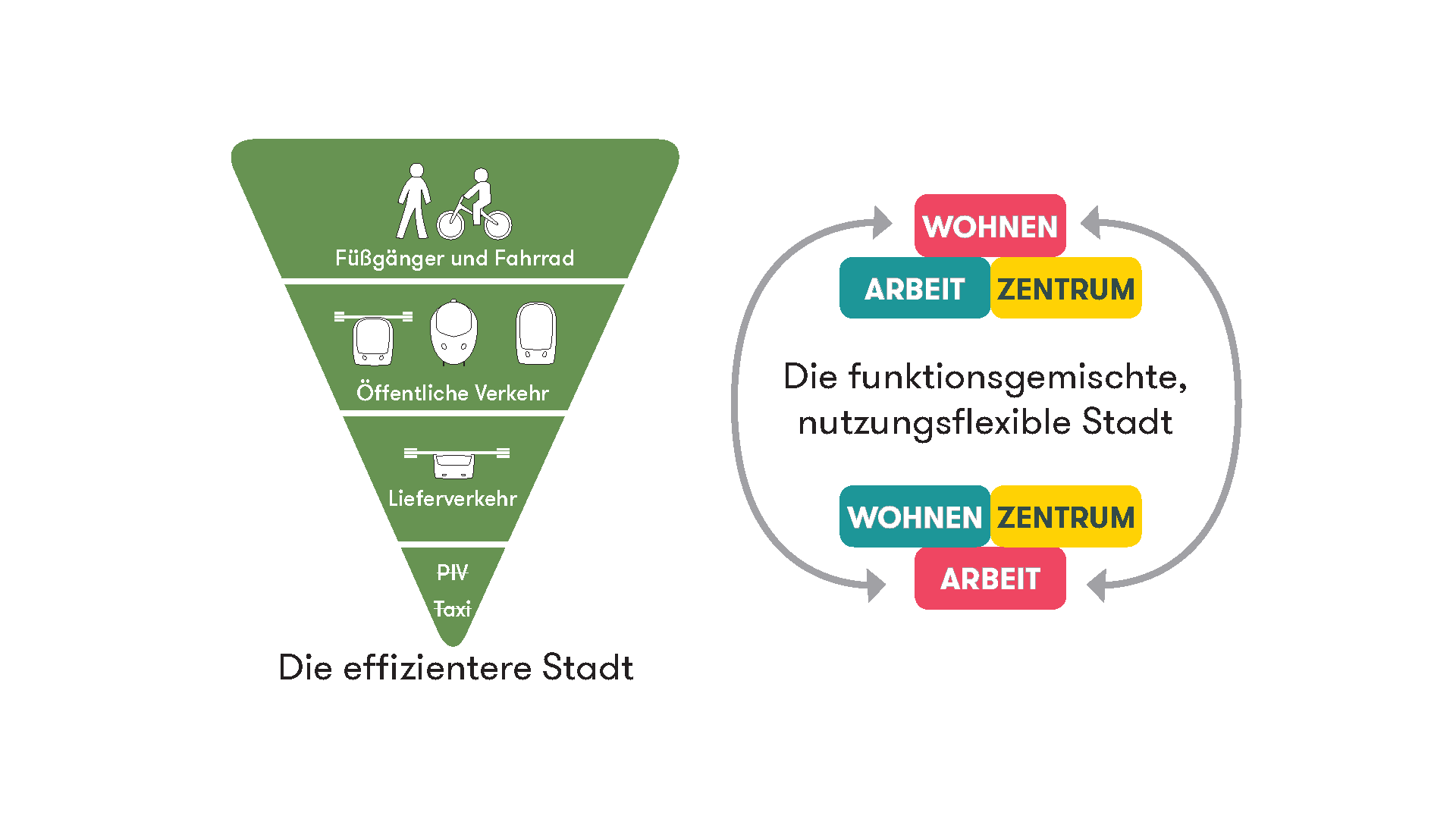
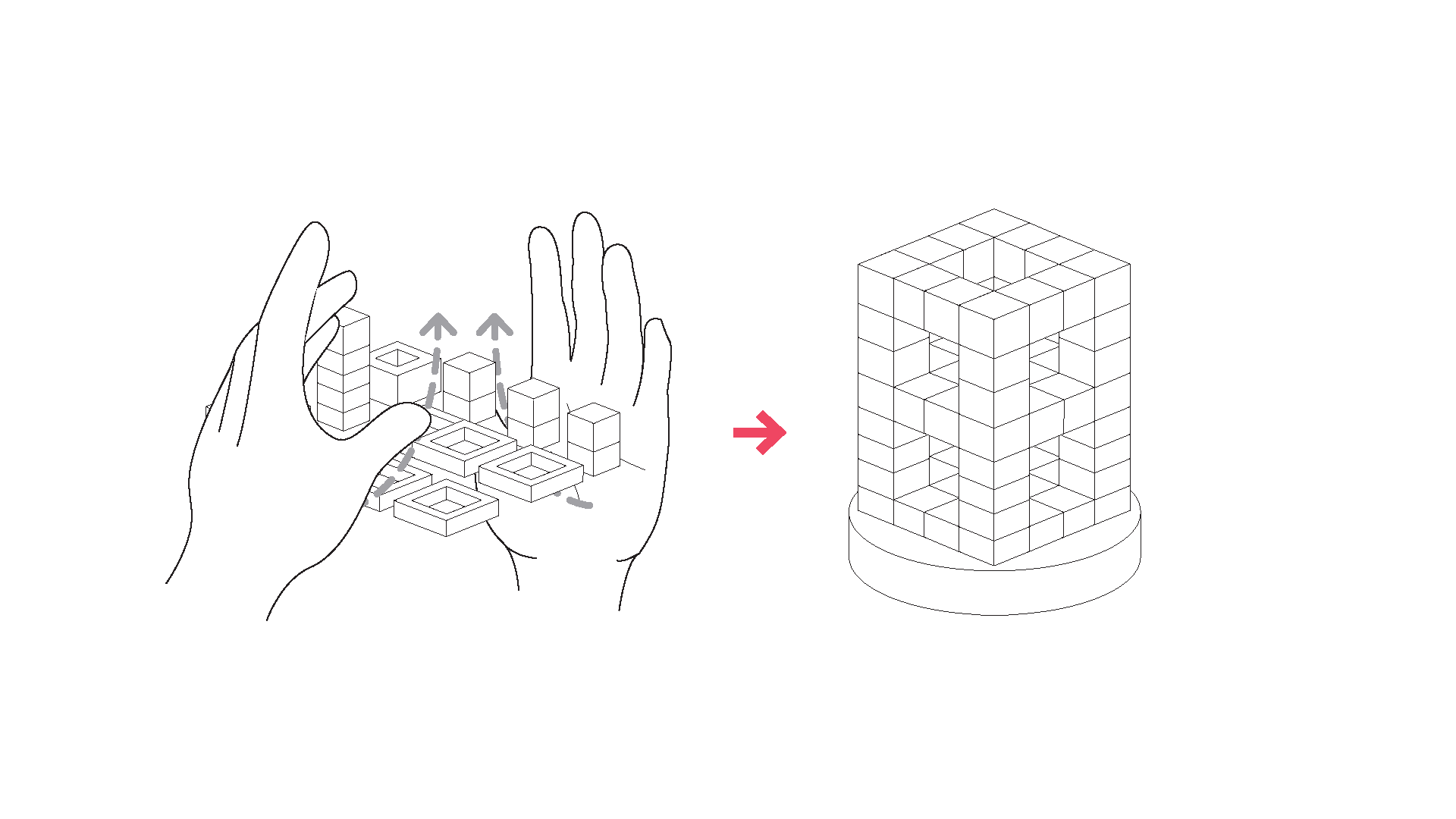
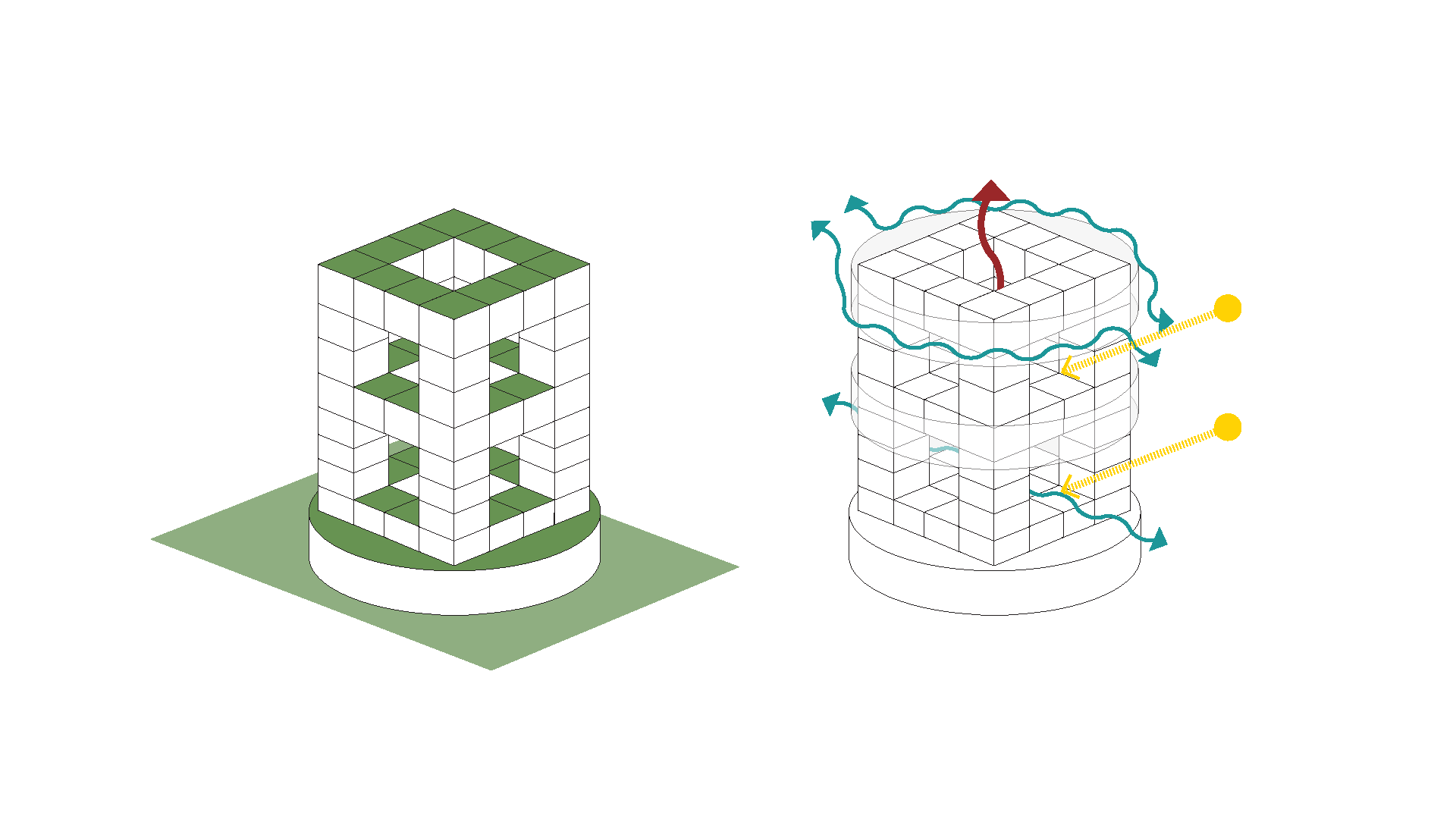
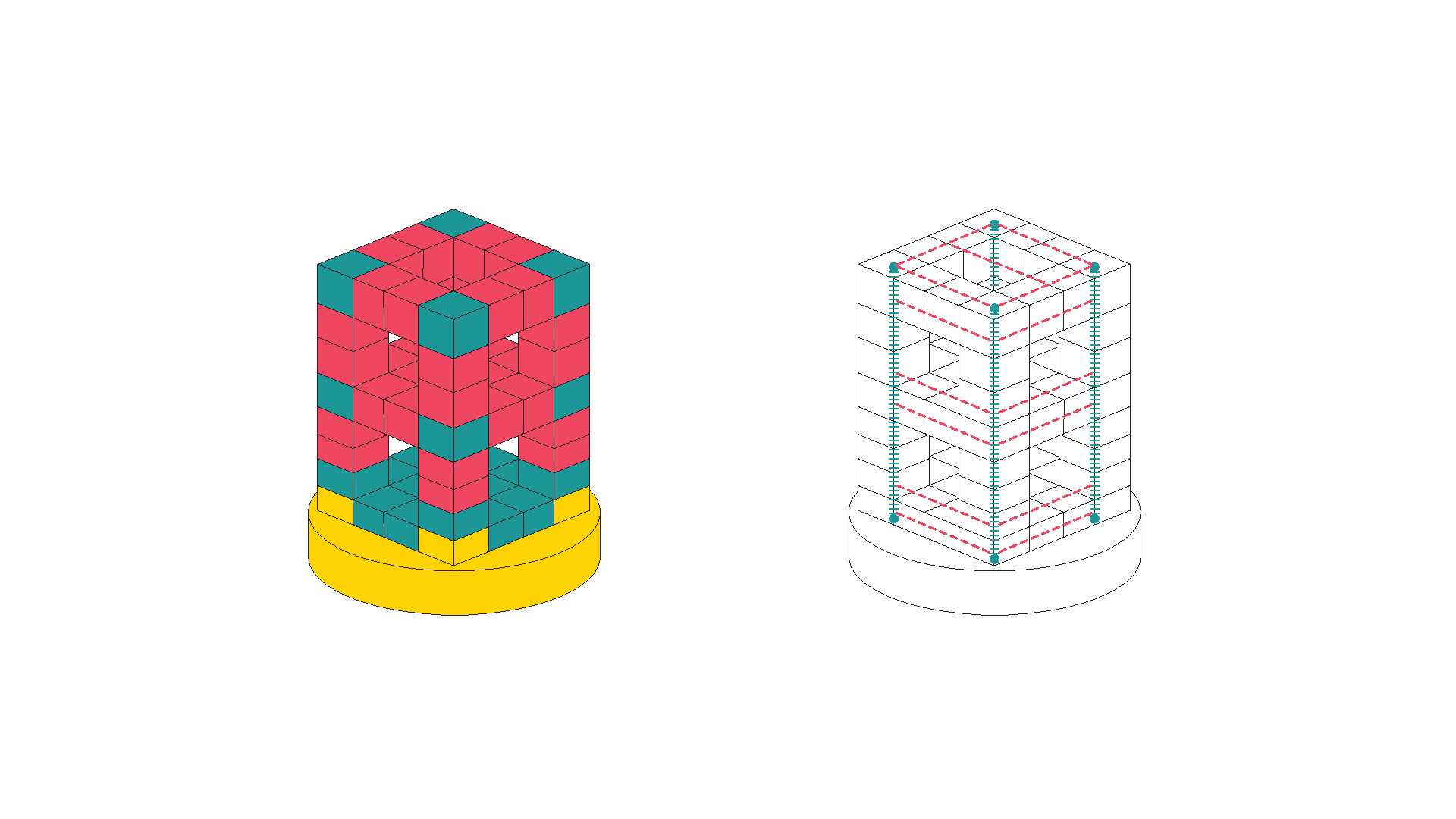
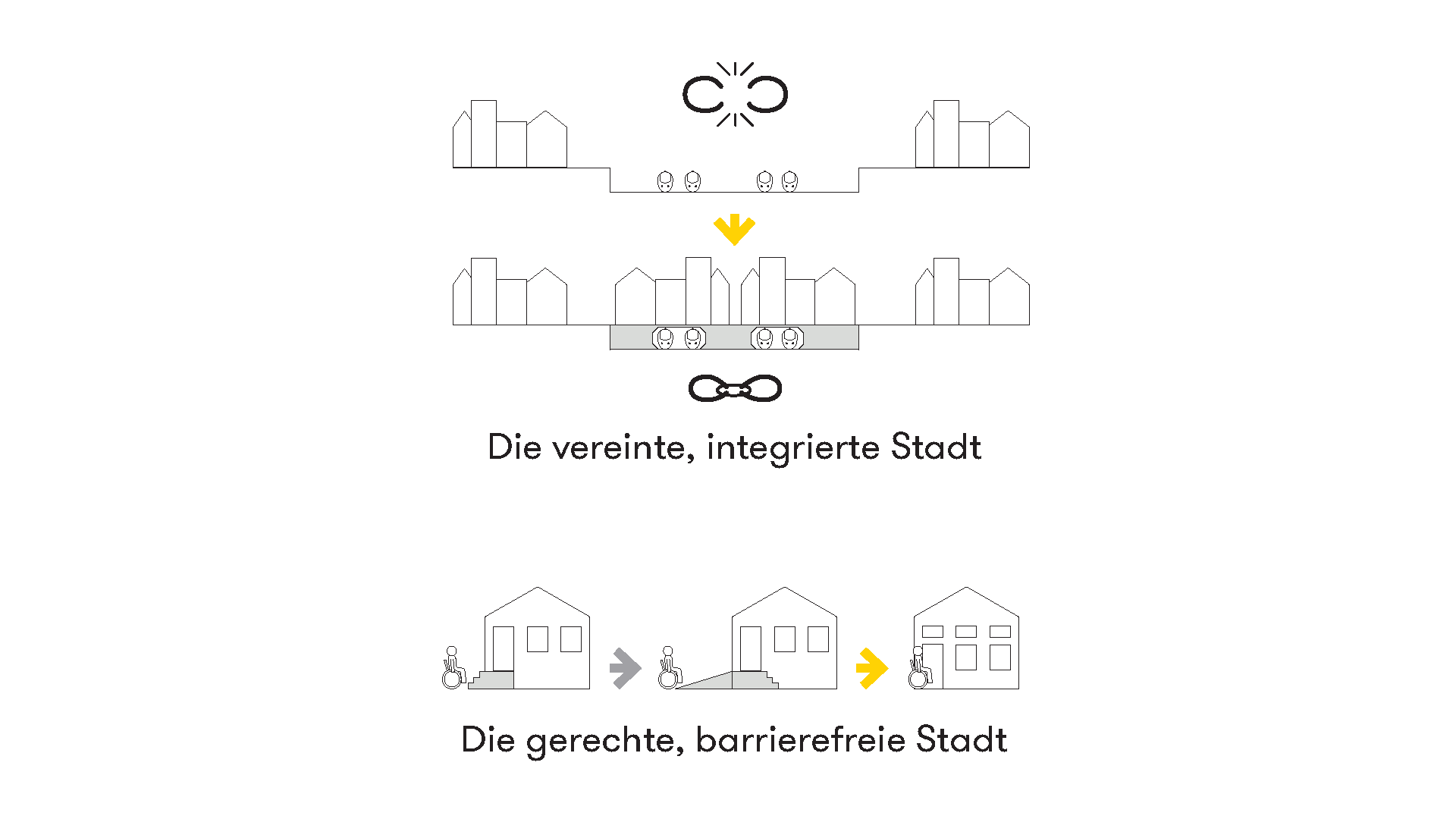
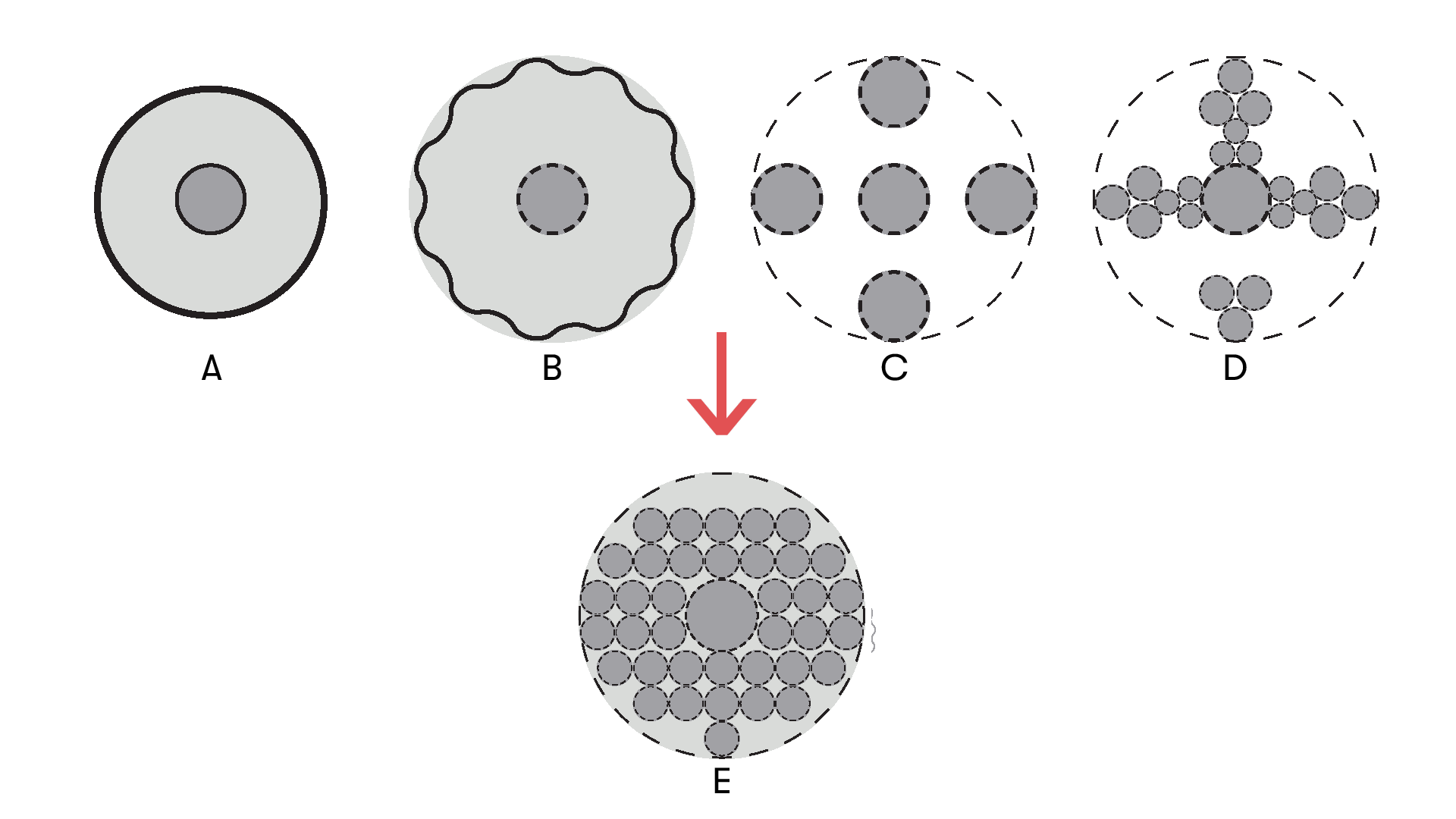
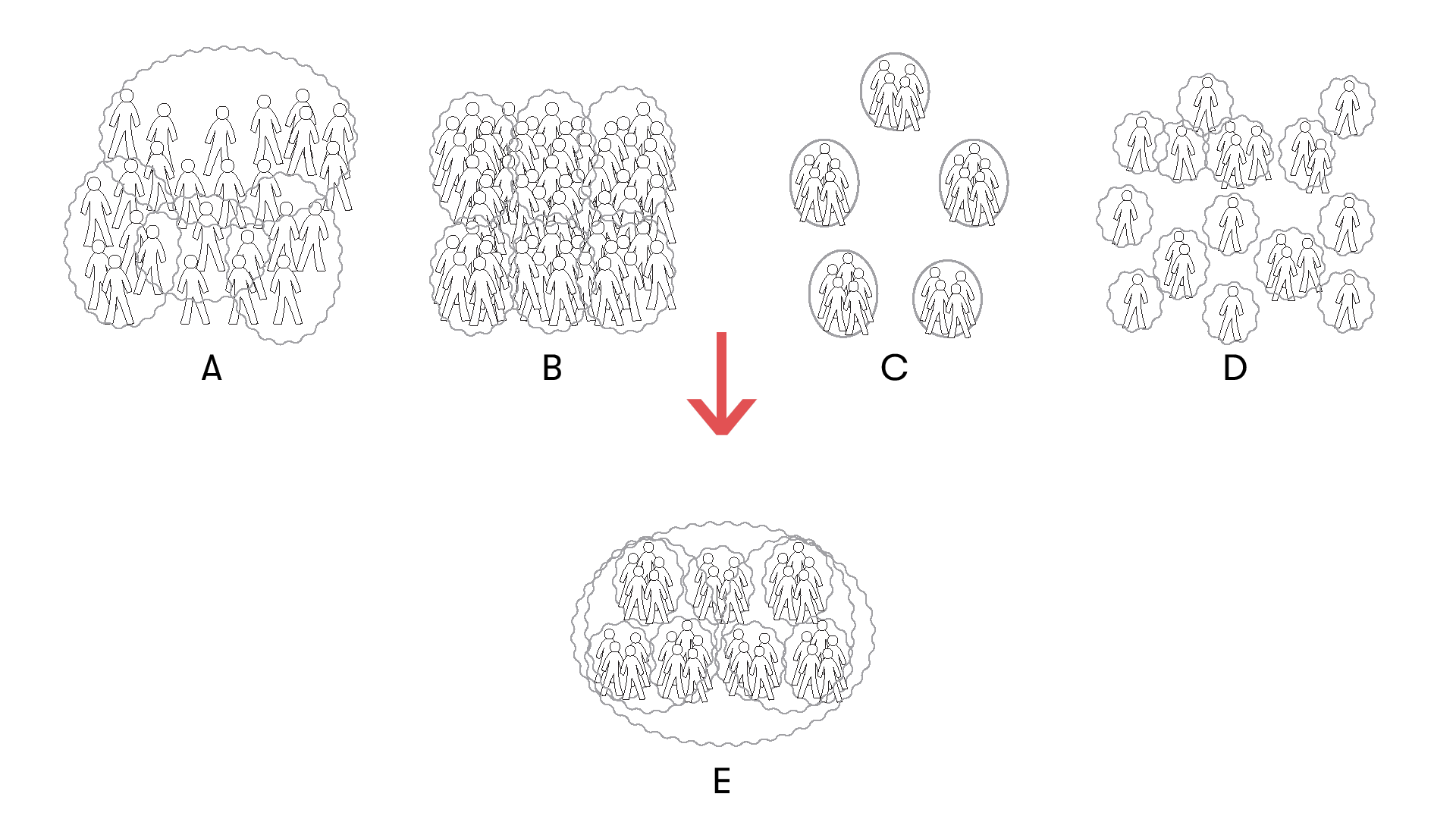
Labour was mostly performed automatically by robots and computers, food and objects were produced by 3D-printers – just not for the lower classes, who relied on growing their own food in what little, bad soil still existed. But a change would come.
The theory presented by Walter Siebel in the book Die Kultur der Stadt, that cities are machines of integration which relieve their inhabitants of pressure from labour and obligations and thus makes the city culture possible, is adopted and exaggerated to envision a concept of a city in which there is absolutely no labour or obligations anymore. What shape does a society take in which everyone’s basic needs are truly met and no one is held back by force from realising their potential? How is time formerly spent in work used? How are social relations and hierarchies impacted? And what is the effect on the built environment?
